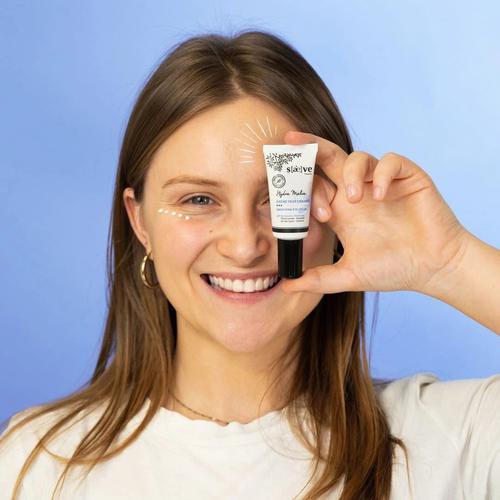
Ant Bite Treatment: A Comprehensive Guide
Ant bites can be quite pesky and uncomfortable, often leading to itching, swelling, and redness. Whether you’ve been bitten by a fire ant, carpenter ant, or any other type of ant, it’s important to know how to treat the bite effectively. In this article, we’ll delve into various treatment options, home remedies, and preventive measures to help you deal with ant bites efficiently.
Understanding Ant Bites
Ant bites occur when ants inject venom into your skin. This venom can cause an allergic reaction in some individuals, leading to severe symptoms. It’s crucial to identify the type of ant that bit you, as this can help determine the appropriate treatment.

| Ant Type | Common Symptoms |
|---|---|
| Fire Ant | Severe pain, swelling, and redness; may form pustules |
| Carpenter Ant | Swelling, redness, and itching; may cause damage to wood structures |
| Pharaoh Ant | Itching, redness, and swelling; may cause allergic reactions in sensitive individuals |
Immediate Treatment
When you’re bitten by an ant, it’s essential to act quickly to minimize the discomfort and prevent infection. Here are some immediate steps you can take:
-
Rinse the bite area with cool, clean water to remove any venom or debris.
-
Apply a cold compress to reduce swelling and numb the area.
-
Wash your hands thoroughly to prevent the spread of bacteria.

Home Remedies for Ant Bite Relief
There are several home remedies that can help alleviate the symptoms of an ant bite. Here are some popular options:
-
Baking Soda Paste: Mix baking soda with water to form a paste. Apply the paste to the bite area and leave it on for 10-15 minutes before rinsing off with cool water.
-
Aloe Vera: Aloe vera has soothing properties that can help reduce inflammation and itching. Apply fresh aloe vera gel directly to the bite area.
-
Tea Tree Oil: Tea tree oil has antibacterial and antiseptic properties. Dilute a few drops of tea tree oil with a carrier oil (such as coconut oil) and apply it to the bite area.
-
Apple Cider Vinegar: Dilute apple cider vinegar with water and apply it to the bite area with a cotton ball. This can help reduce swelling and itching.
Over-the-Counter Treatments
For more severe ant bites or if you’re experiencing an allergic reaction, over-the-counter treatments can be effective. Here are some options:
-
Antihistamines: Antihistamines can help reduce itching and swelling. Common over-the-counter antihistamines include diphenhydramine (Benadryl) and cetirizine (Zyrtec).
-
Topical Creams: Topical creams containing hydrocortisone can help reduce inflammation and itching. Apply the cream as directed on the package.
-
Antiseptic Ointments: Antiseptic ointments, such as Neosporin, can help prevent infection and promote healing.
Preventive Measures
Preventing ant bites is always better than dealing with them after the fact. Here are some tips to help you avoid ant bites:
-
Keep your home clean and free of food crumbs and spills, as ants are attracted to food sources.
-
Seal any cracks or crevices where ants might enter your home.
-
Use ant baits and sprays to control ant populations around your home.







